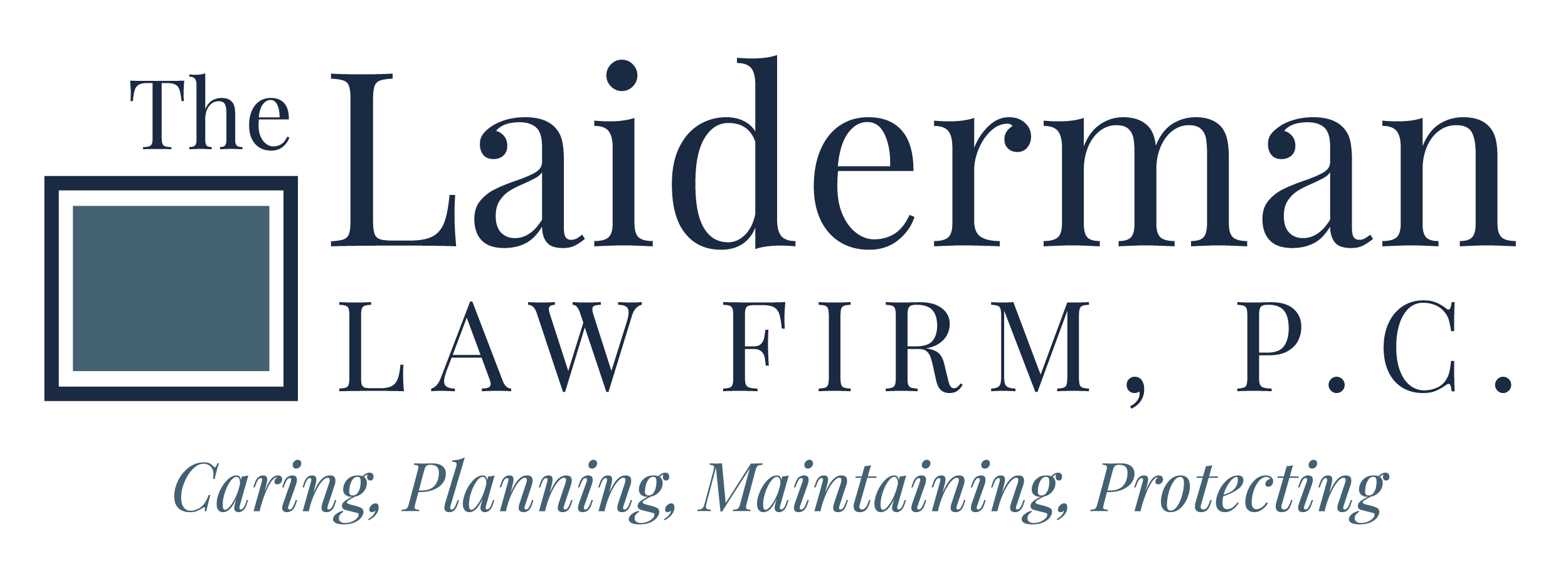A testamentary trust is a legal document that’s part of your will. It goes into effect after your death. This trust holds property for your heirs’ benefit and comes into effect when three criteria are met:
- the testator has died
- the will goes through probate; and
- and the terms of the trust are still relevant.
US News and World Report’s recent article entitled “What’s a Testamentary Trust and How Do I Create One?” explains that a frequent reason to create a testamentary trust, is to provide for your children after your death.
Testamentary trusts are not the same as living trusts. Those trusts become effective while you’re still alive. The main purpose of a living trust is to allow assets within the trust to avoid the legal proceedings associated with administering the will in the probate process.
With a testamentary trust, assets are transferred to the trust at your death through your will. As a result, they’re subject to probate proceedings.
A living trust can be revocable. That means it can be modified at any time. There’s also an irrevocable trust, which means that it can’t be changed once it’s finalized. A testamentary trust can be changed up, until the creator’s death.
A testamentary trust is often used when the creator has minor children and wants to provide some financial control over the assets, if both parents die while the children are minors. The trust can arrange management of those assets by a trustee.
You can also employ a testamentary trust for Medicaid planning. State law has a lot to do with how this works, so it is best to speak with an experienced estate planning attorney or elder law attorney.
Generally speaking, if you have a beneficiary who needs Medicaid government benefits, a supplemental needs trust or Medicaid trust can help the beneficiary afford needed expenses, without disqualifying them from the program’s benefits.
Note that Medicaid benefits are available to people who own few assets and eligibility is income-based.
Reference: US News and World Report (Aug. 6, 20201) “What’s a Testamentary Trust and How Do I Create One?”


